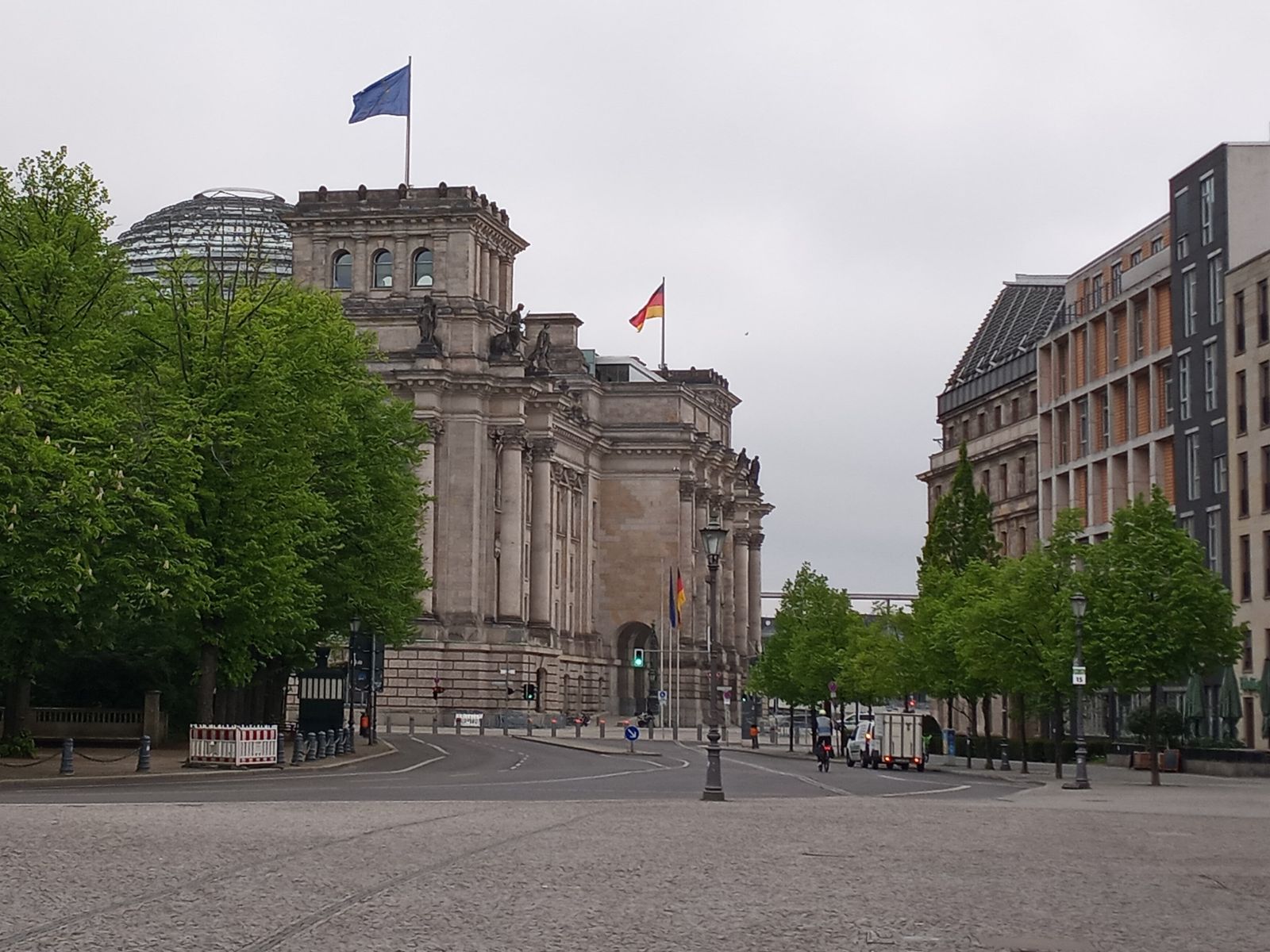
The German Cannabis Cultivation Bid Has A New Deadline!

The German Cannabis Cultivation Bid Has A New Deadline!
According to a late January press release by the ever-tight lipped BfArM – the federal agency in charge of launching Germany’s medical cannabis cultivation program – the first harvest of medical cannabis is expected in the fourth quarter of 2020.
Further, the award will not be announced before April 10 of this year, a topic that will certainly be discussed at the upcoming International Cannabis Business Conference in Berlin this March 31st to April 2nd. There is still a pending lawsuit against the bid that will be heard on that date. Until that is resolved, the bid cannot go forward. That said, most believe given the growing domestic demand and the more competitive international environment, it is unlikely that the bid will be completely scuppered this time no matter what happens in the high court in Dusseldorf.
If the agency expects the first harvest late next year, this also gives any newcomers or outsiders the time to secure real estate, make it secure, and start planting test rounds. There is only one significant, industrial size, GMP certified grow facility in the country at the moment. That belongs to Wayland Corp, who just received GMP certification in January, two weeks before the announcement by BfArM.
Almost everyone else in the game is essentially starting from ground zero.
According to the agency, more than 200 firms and consortiums interacted with the agency about the bid this time, which was delayed for another 7 weeks, closing in December last year. There are now 79 firms who have been judged to have complete applications (down from 118 last time). And of those 79 entities, 817 offers have been made for the existing 13 licenses. BfArM is currently evaluating the proposals.
What Is New?
There is nothing in the recent press release that hints of any new development either domestically or in international relations that might change the game once again. The big news of course between the time the bid closed in December and BfArM’s announcement is that Israel moved into the export game. That may give any Israeli contenders a significant boost – namely that they will be able to guarantee a supply of cannabis to the German government via imports rather than domestic cultivation until a domestic site kicks in.
Does BfArM “Profit” From All of This?
BfArM has a much-misunderstood role in the tender. The agency is sort of like the American FDA in that it regulates all pharmaceuticals and medical devices on the German market, including the oversight of narcotics. They are responsible for overseeing the tender, and also issue import licenses to firms, although they have no central management role of this (like they do for the tender itself).
They will also not, when the first crops are harvested, take direct control or distribute the drug in any way. Rather they are responsible for things like managing the bid and setting prices. Producers and distributors are responsible for the actual distribution. Further BfArM has no oversight of the final retail price of the drug at pharmacies.
To understand the German cannabis market landscape in more depth from on-the-ground experts, be sure to book your tickets now for the ICBC’s third Berlin conference next month.
Share article


Share article
Join Our Awesome Community
Join Our Awesome Community
Join Our Awesome
Community
Get all the latest industry news
delivered to your inbox






